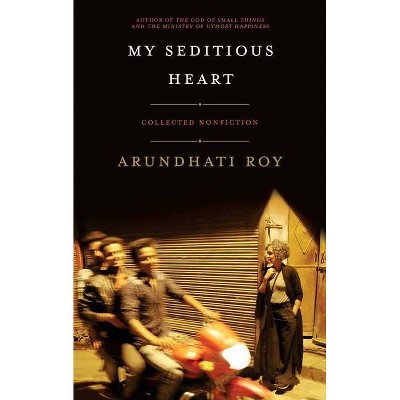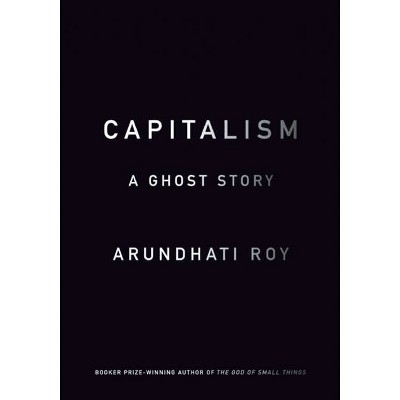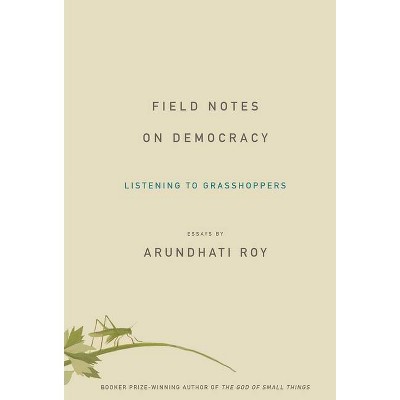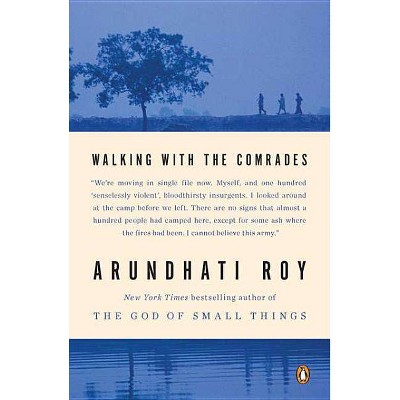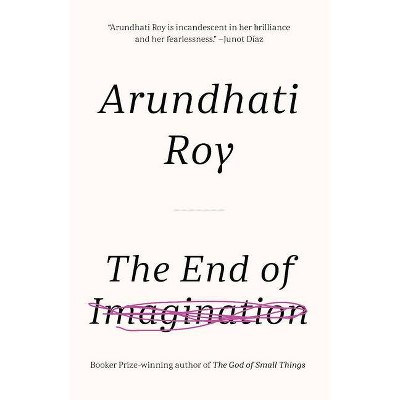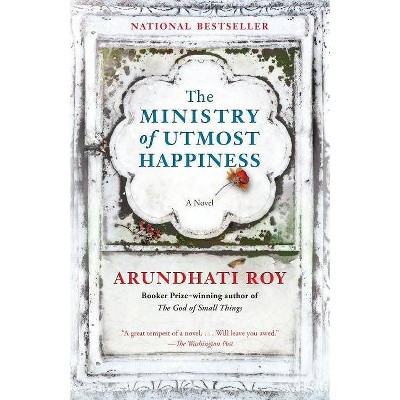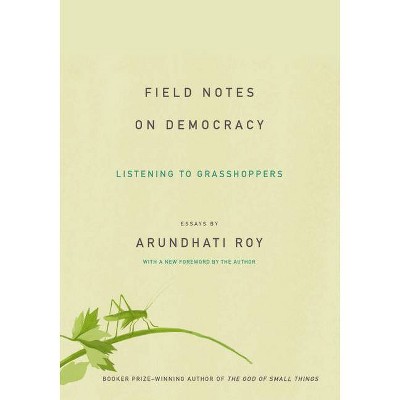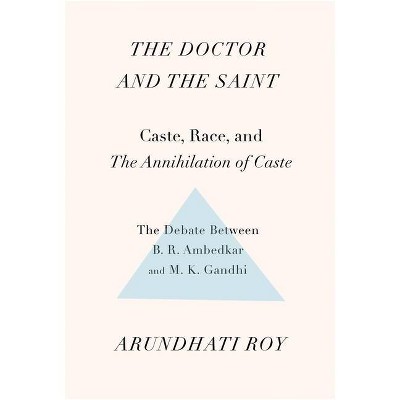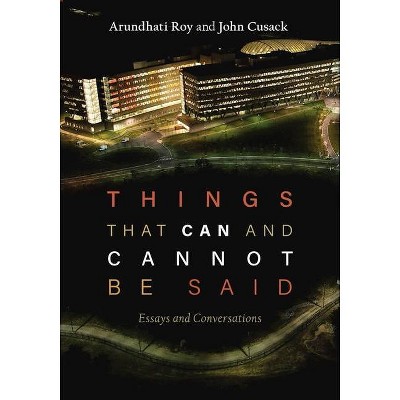Azadi - by Arundhati Roy (Hardcover)
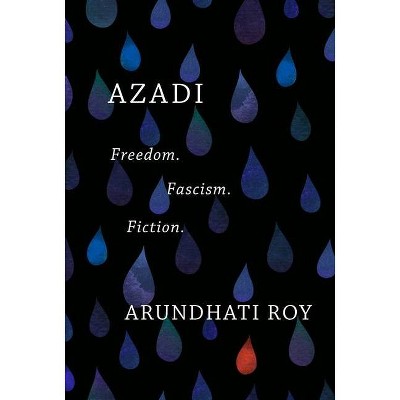
Similar Products
Products of same category from the store
AllProduct info
<p/><br></br><p><b> About the Book </b></p></br></br>From the best-selling author of <em>My Seditious Heart</em> and the <em>Ministry of Utmost Happiness</em>, a new and pressing dispatch from the heart of the crowd and the solitude of the writer's desk. </p><p/><br></br><p><b> Book Synopsis </b></p></br></br><p>The chant of Azadi!--Urdu for Freedom!--is the slogan of the freedom struggle in Kashmir against what Kashmiris see as the Indian Occupation. Ironically, it also became the chant of millions on the streets of India against the project of Hindu Nationalism.<br /><br />Even as Arundhati Roy began to ask what lay between these two calls for Freedom--a chasm or a bridge?--the streets fell silent. Not only in India, but all over the world. The coronavirus brought with it another, more terrible understanding of Azadi, making a nonsense of international borders, incarcerating whole populations, and bringing the modern world to a halt like nothing else ever could.<br /><br />In this series of electrifying essays, Arundhati Roy challenges us to reflect on the meaning of freedom in a world of growing authoritarianism.<br /><br />The essays include meditations on language, public as well as private, and on the role of fiction and alternative imaginations in these disturbing times. <br /><br />The pandemic, she says, is a portal between one world and another. For all the illness and devastation it has left in its wake, it is an invitation to the human race, an opportunity, to imagine another world.</p><p/><br></br><p><b> Review Quotes </b></p></br></br><br><p>"Arundhati Roy's Azadi is a collection of essays and speeches describing India's recent descent into totalitarianism that speaks to the heart and the mind. Intelligent and thoughtful and written with empathy, it brings the reality of the situation home in way few other writers can."<strong> --<em>Seattle Post</em>-<em>Intelligencer</em></strong></p> <p> Arundhati Roy is one of the most confident and original thinkers of our time.<br /><strong>--Naomi Klein<br /><br /></strong>Roy's ... nonfictional engagement with the conflicts and traumas of a heedlessly globalized world has manifested the virtues of an unflinching emotional as well as political intelligence.... In an age of intellectual logrolling and mass-manufactured infotainment, she continues to offer bracing ways of seeing, thinking and feeling.<br /><strong>--Pankaj Mishra<br /><br /></strong>No writer today, in India or anywhere in the world, writes with the kind of beautiful, piercing prose in defense of the wretched of the earth that Roy does.... Roy the essayist embodies the legalistic but humanistic ruthlessness of a public defender, the wit and wordplay of a poet, a comrade who takes no injustice as a given.</p> <strong>--Jacobin</strong><br><p/><br></br><p><b> About the Author </b></p></br></br><p><strong>Arundhati Roy</strong> studied architecture in New Delhi, where she now lives. She is the author of the novels <em>The God of Small Things</em>, for which she received the 1997 Booker Prize, and <em>The Ministry of Utmost Happiness</em>. She has written several nonfiction books, including <em>Field Notes on Democracy: Listening to Grasshoppers</em>, <em>Capitalism: A Ghost Story, </em><em>Walking with the Comrades</em>, <em>Things That Can and Cannot Be Said </em>(with John Cusack), and <em>The End of Imagination</em><em>.</em> She is the recipient of the 2002 Lannan Cultural Freedom Prize.</p>
Price History
Price Archive shows prices from various stores, lets you see history and find the cheapest. There is no actual sale on the website. For all support, inquiry and suggestion messages communication@pricearchive.us
